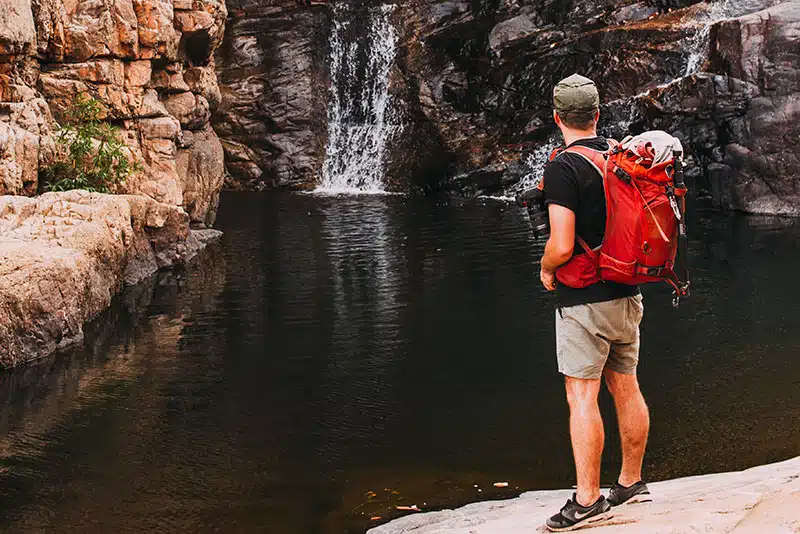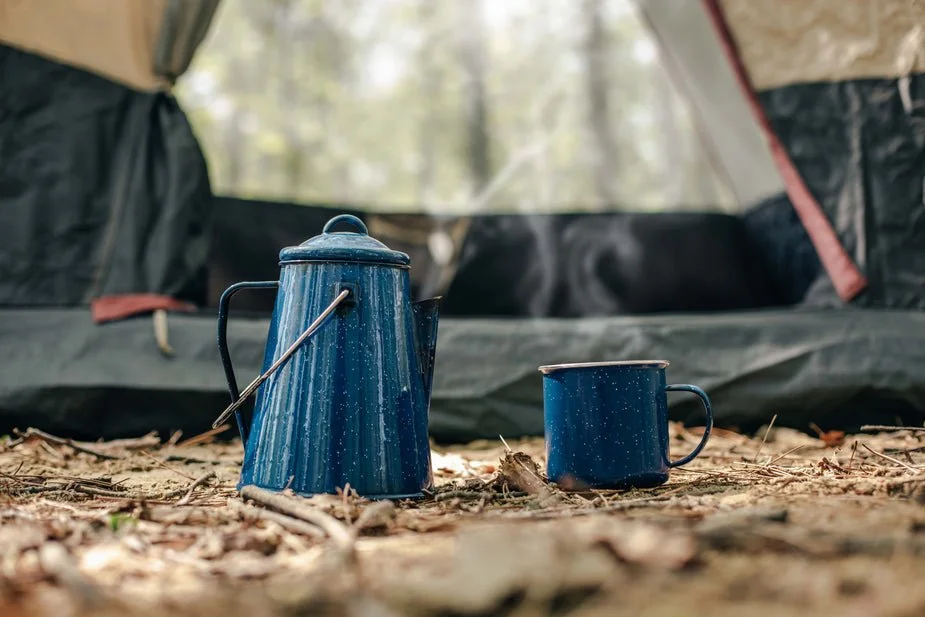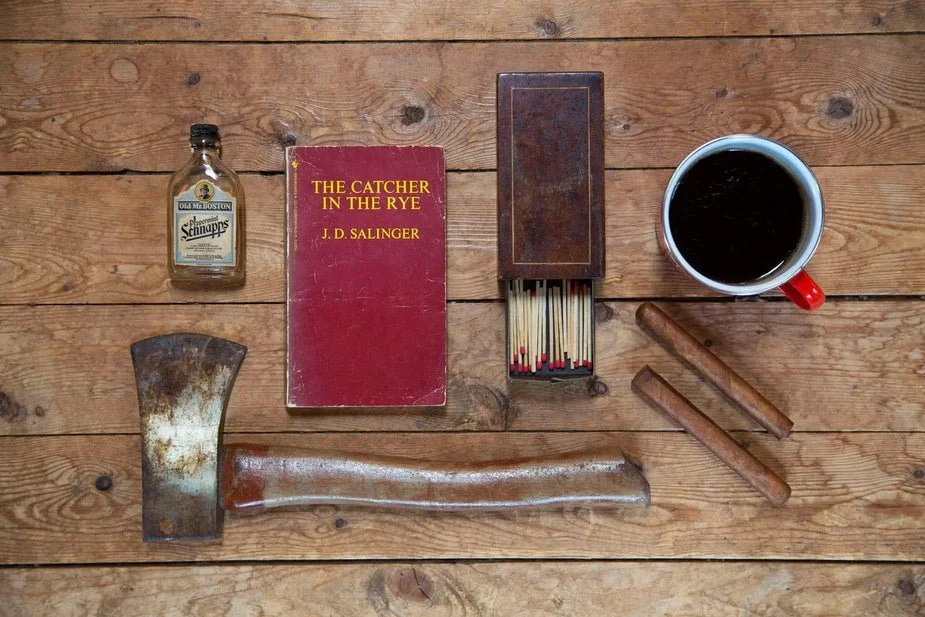There’s nothing quite like spending time in the great outdoors, enjoying the fresh air, scenic views, and peaceful tranquility that only nature can provide. Camping is an amazing way to unplug from the stresses of everyday life and reconnect with the natural world around you.
Whether you’re a seasoned camper or a complete novice, this comprehensive guide will cover all the essentials you need to know for a fun, safe, and memorable camping experience. From choosing the right gear to setting up camp, cooking outdoors, and respecting nature, we’ve got you covered. So pack your sense of adventure, and let’s dive into the wonderful world of camping!
Choosing the Right Campsite
One of the most important decisions you’ll make is where to set up camp. Consider these factors when selecting your campsite:
- Campground vs. backcountry: Established campgrounds offer amenities like bathrooms, fire pits, and cleared tent sites, while backcountry camping requires more self-sufficiency and adhering to Leave No Trace principles.
- Terrain: Look for a level, well-drained spot free of rocks and debris. Avoid setting up in dry riverbeds or anywhere that could flood.
- Shade: Aim for a site with a mix of sun and shade to regulate temperatures throughout the day.
- Privacy: If camping in a campground, try to pick a spot slightly removed from heavy foot traffic for more peace and quiet.
- Rules and regulations: Always follow posted rules, obtain proper permits if required, and respect any area closures.
Essential Camping Gear
Having the proper gear can make or break your camping trip. Here are the must-have items:
- Tent: Choose a tent rated for the expected conditions and number of occupants. Practice setting it up at home first.
- Sleeping bag and pad: Opt for temperature ratings suited for the season and location. Insulate yourself from the cold ground with a sleeping pad.
- Camp stove and fuel: A compact camp stove and appropriate fuel will allow you to cook hot meals. Don’t forget a lighter or matches.
- Camp kitchen: At minimum, pack a cooler, utensils, plates, cups, a pot or pan, biodegradable soap, and a sponge or dishcloth.
- Lighting: Headlamps, lanterns, and extra batteries provide essential illumination after dark.
- Navigation tools: A map, compass, and/or GPS can help prevent getting lost, especially in remote areas.
- First aid kit: Include adhesive bandages, gauze, antiseptic wipes, over-the-counter medications, etc.
- Survival tools: A multi-tool, parachute cord, emergency blanket, and whistle are crucial for emergencies.
- Sun and insect protection: Pack sunscreen, sun-protective clothing, a hat, sunglasses, and insect repellent.
Setting Up Camp
With your gear ready, it’s time to get your campsite established:
- Clear the area of any debris, rocks, or sticks that could damage your tent floor.
- Assemble your tent on the flattest, most level ground possible. Stake it down securely.
- Arrange a separate sleeping area and kitchen area for organization.
- Set up the kitchen on even ground and prepare any cooking gear you’ll need.
- If fires are permitted, choose a cleared site away from tents, overhanging branches, and dry grass. Have a water source nearby to extinguish the flames fully before going to bed.
Cooking in the Great Outdoors
Eating delicious food is one of the great joys of camping. Bring ingredients that don’t require refrigeration or plan meals around cooler items that will be consumed first. One-pot meals, tinfoil dinners, skewers for the campfire, and classic sandwiches are all excellent camping fare.
Be sure to pack a camp stove, fuel, lighter, and all the proper cooking and dining utensils you’ll need. Store all food securely and completely clean up after each meal to avoid attracting wildlife. Proper food storage and cleanup are key tenets of Leave No Trace.
Safety and Camping Etiquette
Remembering some general safety guidelines and respecting nature will help ensure an amazing experience for you and future campers.
- Never approach or feed wildlife. Maintain a safe distance and keep food securely stored.
- Stay on designated trails and camp only in approved areas to minimize your impact.
- Never cut down trees or vegetation.
- Pack out everything you pack in, including trash, food scraps, and toilet paper.
- Use bathroom facilities when provided or bury human waste in a cathole at least 6-8 inches deep.
- Keep campfires contained and fully extinguish them before leaving.
- Be considerate of other campers by keeping noise levels down, especially after dark.
- Know how to identify dangerous plants like poison ivy and steer clear.
- Drink plenty of water and apply sun protection to prevent dehydration and sunburn.
- Tell someone your trip plans and carry a charged cell phone or satellite communication device in case of emergency.
Campfire Cooking and Evening Fun
As day turns to night, gather round the warm glow of the campfire! Cooking over the open flame is a classic camping tradition. Bring firewood and fire-starters or purchase them at the campground store. Safe fire-building involves clearing the area, containing the flames, having a water source nearby, and never leaving the fire unattended.
Easy and delicious foil packet meals, kebabs, and campfire pies are fun to cook as a group over the hot coals. And of course, no campfire would be complete without s’mores for dessert! As the stars begin to twinkle overhead, cap off your evening with tales around the flickering fire, stargazing, and making cherished memories.
Exploring and Hiking
Many campers come to experience the beautiful scenery through hiking and exploring nature. Always carry adequate water, snacks, sun protection, and navigation tools on any hike. Know your limits and avoid venturing anywhere too strenuous or remote for your experience and fitness levels.
Take only pictures and leave only footprints, being mindful to stick to trails and not remove any plants, rocks, or artifacts. Appreciate the flora and fauna by observing from a distance. With a bit of preparation, hiking can be an incredibly rewarding way to experience the splendors of the great outdoors.
Breaking Camp
When it’s time to pack up and head home, follow camping etiquette by leaving no trace of your presence. Pick up any litter or food scraps, extinguish all campfires completely, fill in any catholes, and inspect the area carefully before departing.
Research campground or park policies for requirements on removing trash, recycling, food storage locker usage, or checking out procedures. Leave the campsite exactly how you found it — or perhaps even better — for the next visitors to enjoy.
The Joys of Camping
At its heart, camping allows us to slow down, breathe fresh air, and recharge our souls in nature’s boundless beauty. It strengthens our self-reliance, creates space for bonding with family and friends, and fosters a deeper appreciation for our natural environments.
From pitching a tent to watching sunrises and sunsets, cooking over a crackling fire, and falling asleep under the stars, the joys of camping await you. With these beginner basics under your belt, you’re now ready to plan your own outdoor adventure!
So pack up your gear, grab your loved ones, and explore the wonders of the natural world through camping. The memories you’ll make will last a lifetime.



